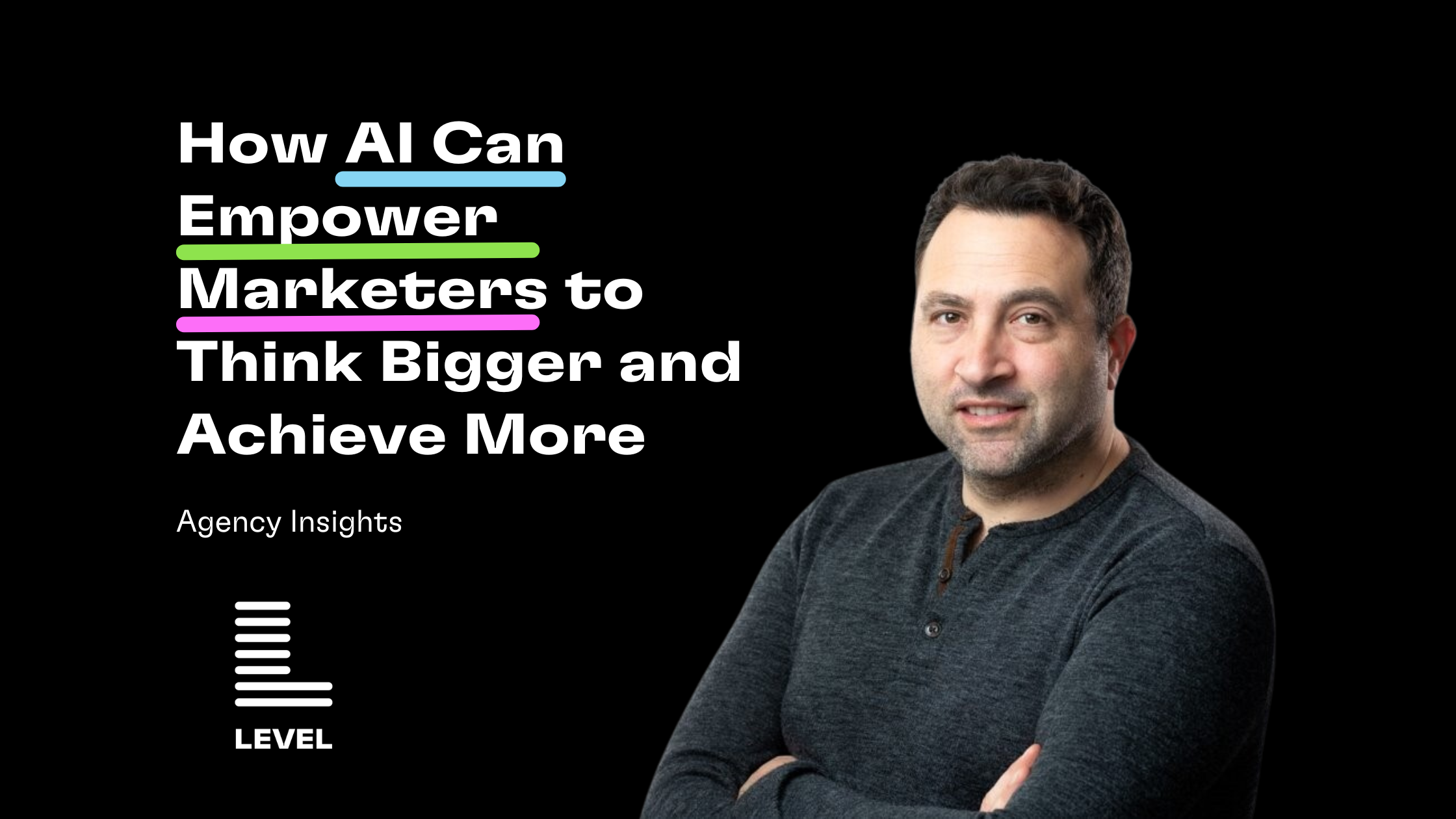This is about more than minding your own business.

Apple’s new spot takes us on a journey with an iPhone user named Felix as information like his social media handle, name, birthday, banking information, and even itch-cream preferences are documented and shared across a growing network of outsiders. As this is happening, Felix grows visibly agitated by his growing followers. Then, a notification appears on his iPhone asking whether he would like to continue a specific app to continue tracking his activity across other apps and websites, stating:
“Your data will be tracked and sold to other companies.”
Once Felix selects “Ask App Not to Track”, his room full of nosy guests explode into bits of microscopic human dust.
See the ad for yourself:
What does this all mean?
Apple’s introduction of iOS14.5 marks a 180-degree shift in app tracking. Previously, the default was that an app would be tracking your activity across your device and users would have to be savvy enough to manage their privacy settings manually for each app. Today, users can choose what their default is – either opting to allow their data to be shared or choosing not to.
Cross-app sharing of your data is the reason you can look up a specific product on your phones web browser and then begin seeing ads for that same product on Facebook later that same day. But, simply opting out of sharing your data doesn’t mean those ads will go away. Even if Facebook doesn’t have access to your activity on other apps, it still has its own first-party information about your activity on Facebook and can use that to serve you relevant ads.
An exaggeration
For this, and other reasons, Apple’s new ad is a bit hyperbolic. Choosing to disallow tracking and sharing of your data is not going to mean that all ad targeting goes away. It simply means that advertisers and platforms will begin to rely more heavily on first-party data vs. a third party-driven aggregated profile of a potential customer.
It’s also important to note that there is a difference between data used to specifically track you across multiple apps and data used to identify you by a specific app company – but is not shared with other companies.
Apple’s own documentation on these types of data collection can be a bit confusing to read, however Wirecutter, a blog from The New York Times, recently published findings from a study on 250 different apps and their data collection, which provides some easy-to-understand insights into the differences.
Conclusion
This is a beautifully executed piece of advertising. There’s no doubt that it will do an excellent job at selling iPhones. There’s also no doubt that it has the potential to add to the confusion around the effect of these privacy changes and the impact these changes will have on users and brands alike.
We’ve got your back.
Here at Level, we’re helping all our clients navigate privacy questions and developing strategies to counter the impact these changes are bringing to digital advertising. If you have questions about how to position your brand to best perform in this new environment, contact us and let’s see how we can help.








